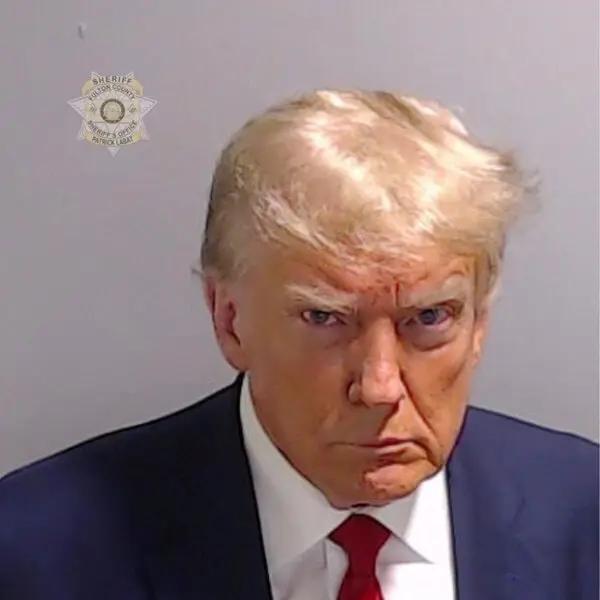December 02, 2023.
WASHINGTON DC, USA | A U.S. District Judge Tanya Chutkan decided that Donald Trump, the 45th President of the United States, does not hold immunity from criminal charges related to his actions during his presidency. The decision marks the first time a U.S. court has affirmed that former presidents can be charged with crimes, signaling a significant development in the legal landscape.
Special Counsel Jack Smith has brought charges against Trump, accusing him of attempting to unlawfully overturn the results of the 2020 election. Despite Trump’s bid to dismiss the case, arguing for immunity based on his status as a former president, Judge Chutkan found no legal basis for such protection.
“Whatever immunities a sitting president may enjoy, the United States has only one chief executive at a time, and that position does not confer a lifelong ‘get-out-of-jail-free’ pass,” Chutkan stated in her ruling, emphasizing the principle that no one is above the law.
The judge also rejected Trump’s claim that the charges impede on his free speech rights under the First Amendment, dismissing the argument that the case criminalizes political speech and advocacy.
Trump, currently the leading contender for the Republican nomination in the 2024 U.S. election, is accused of plotting to interfere in the counting of electoral votes and obstructing the congressional certification of President Joe Biden’s victory. The trial is scheduled to commence in March.
The ruling does not conclude Trump’s legal battles, as his defense team can immediately appeal. The former president faces additional legal challenges, including state criminal charges in Georgia related to efforts to reverse his 2020 defeat.
While the U.S. Justice Department historically refrains from indicting sitting presidents, Chutkan’s ruling underscores the absence of such restrictions once a president leaves office. Trump’s defense had argued for “absolute immunity” from charges stemming from official actions, contending that criminal prosecution could interfere with presidential responsibilities. Prosecutors countered that such immunity would elevate the president above the law, conflicting with constitutional principles.
As the legal proceedings unfold, the case against Trump sets a precedent, reinforcing the idea that accountability knows no temporal bounds for those who have held the highest office in the land. The decision provides a significant test for the U.S. legal system, reaffirming the foundational principle that justice is blind, irrespective of one’s past office.
















